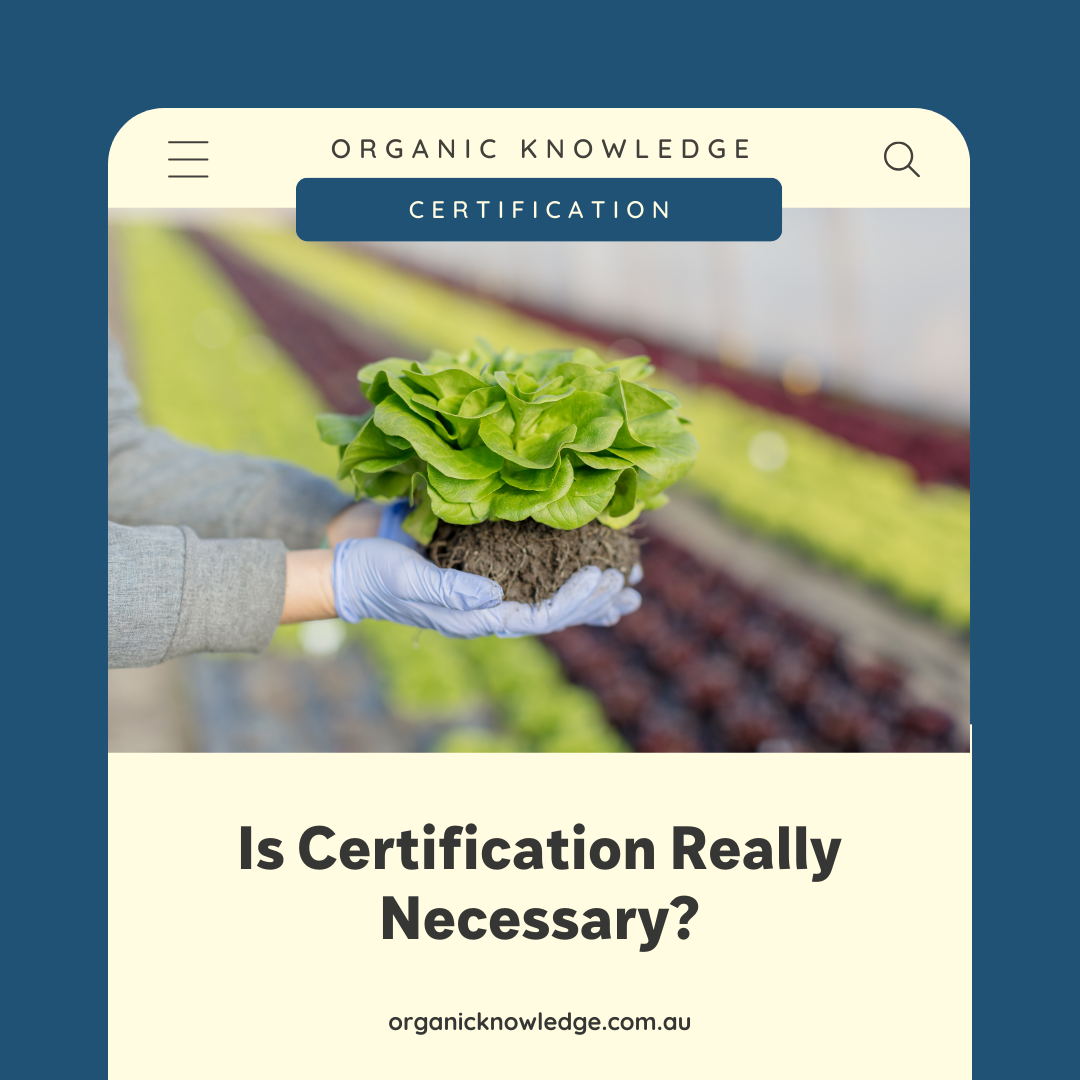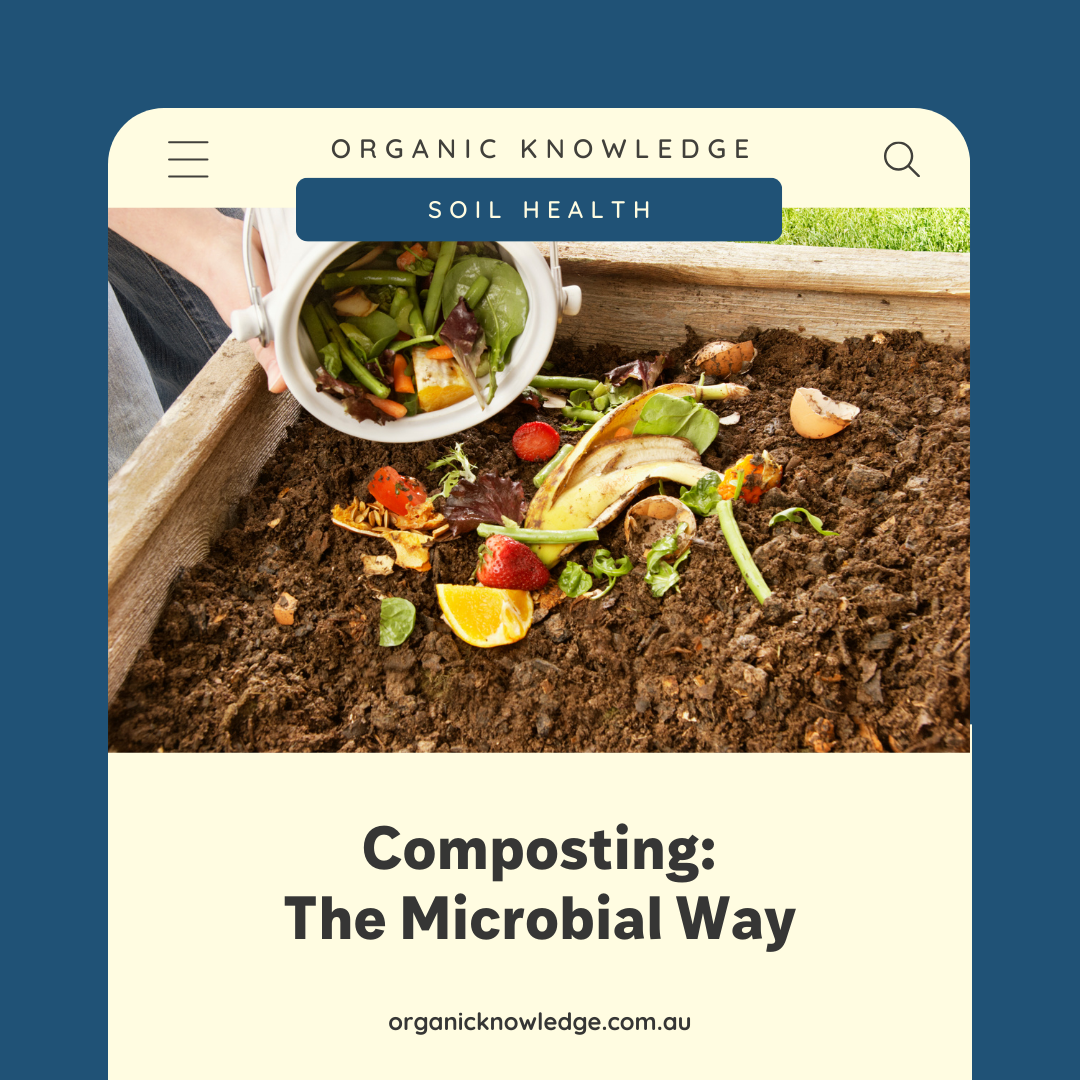
Is Organic Certification Really Necessary?
Organic farming, also referred to as biological farming or ecological farming is a legally defined and regulated ‘whole system’ method of food and fibre production. This whole system approach recognizes the close interrelationships between all parts of the production system from the soil to the consumer.

Composting: The Microbial Way
Soil. The unsung hero of every farm.
Although it is the foundation for all land based living organisms, including ourselves, soil seems to get overlooked when it comes to the role it plays for farmers to generate an income from their product and the quality of the nutrients in the end-product we as consumers eat.

Latest Australian Organic Market Statistics
Australia’s appetite for organics at record levels
The latest Australian Organic Market Report reveals the nation’s organic industry is worth $2.6 billion, up by 35% since 2012 and growing by over 15% each year.
